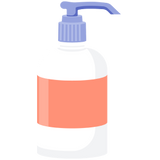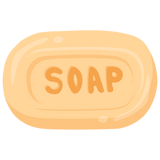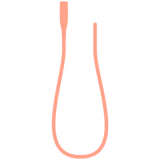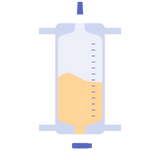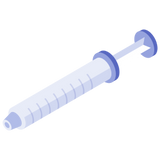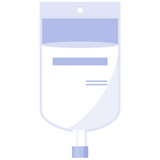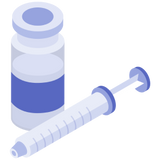
Surgical Wounds: Types, Causes, Symptoms, and Treatment
Posted by Pankaj Dhiman on Aug 21st 2023
Everything You Need to Know About Surgical Wounds
A surgical wound is a cut or incision in the skin that is made during surgery. Surgical wounds can vary in size and location, depending on the type of surgery being performed. They are usually closed with sutures, staples, or adhesive strips.
Types of Surgical Wounds
There are three main types of surgical wounds:
- Clean wounds: These are wounds that are free of infection. They are typically caused by clean surgical procedures, such as an appendectomy or a hernia repair.
- The risk of infection in clean wounds is less than 2%.
- Clean-contaminated wounds: These wounds are exposed to bacteria, but the risk of infection is low. They are typically caused by procedures that involve the gastrointestinal tract or the urinary tract.
- The risk of infection in clean-contaminated wounds is 2-5%.
- Contaminated wounds: These wounds are heavily contaminated with bacteria. They are typically caused by open fractures or penetrating injuries.
- The risk of infection in contaminated wounds is 10-15%.
Causes of Surgical Wounds
Surgical wounds are caused by the cutting of the skin with a scalpel or other surgical instrument. They can also be caused by the insertion of drains or tubes into the body during surgery.
Risk Factors for Surgical Wound Infections
The risk of a surgical wound infection depends on a number of factors, including:
- The type of surgery being performed
- The patient's overall health
- The patient's age
- The patient's immune system
- The presence of other medical conditions
- The use of antibiotics before and after surgery
- The length of time the wound is open
- The skill of the surgeon
Symptoms of Surgical Wound Infections
The symptoms of a surgical wound infection can vary depending on the severity of the infection. They may include:
- Redness, swelling, or warmth around the wound
- Pain or tenderness around the wound
- Discharge from the wound
- Fever
- Chills
- Fatigue
- Nausea or vomiting
- Diarrhea
Diagnosis of Surgical Wound Infections
The diagnosis of a surgical wound infection is made by a doctor. They will examine the wound and ask about the patient's symptoms. They may also order tests, such as a culture of the wound fluid, to confirm the diagnosis.
Treatment of Surgical Wound Infections
The treatment of a surgical wound infection depends on the severity of the infection. Mild infections may be treated with antibiotics alone. More severe infections may require surgery to drain the wound or remove infected tissue.
Home Care for Surgical Wounds
After surgery, it is important to care for your wound properly to help prevent infection. Here are some tips for home care:
- Keep the wound clean and dry.
- Wash your hands with soap and water before and after touching the wound.
- Use a mild soap and water to clean the wound.
- Dry the wound gently with a clean towel.
- Change the dressing as directed by your doctor.
- The dressing should be changed at least once a day.
- If the dressing becomes wet or soiled, it should be changed more often.
- Monitor the wound for signs of infection, such as redness, swelling, or discharge.
- If you notice any of these signs, contact your doctor immediately.
- Take antibiotics as prescribed by your doctor.
- Be sure to take the full course of antibiotics, even if you start to feel better.
Complications of Surgical Wounds
Some complications of surgical wounds can include:
- Infection
- Bleeding
- Stitches or staples coming out
- Hematoma (a collection of blood under the skin)
- Seroma (a collection of fluid under the skin)
- Adhesions (scar tissue that can form between tissues)
- Necrosis (death of tissue)
- Pain
- Hypertrophic scarring (abnormally raised scar tissue)
- Keloid scarring (abnormally raised scar tissue that extends beyond the borders of the wound)
Recovery from Surgical Wounds
The time it takes for a surgical wound to heal depends on the type of wound and the patient's overall health. Most wounds heal within 2-4 weeks. However, some wounds, such as those that are infected or have complications, may take longer to heal.
Final Thoughts
Surgical wounds are a common occurrence after surgery. However, most wounds heal without complications. By following your doctor's instructions and caring for your wound properly, you can




















